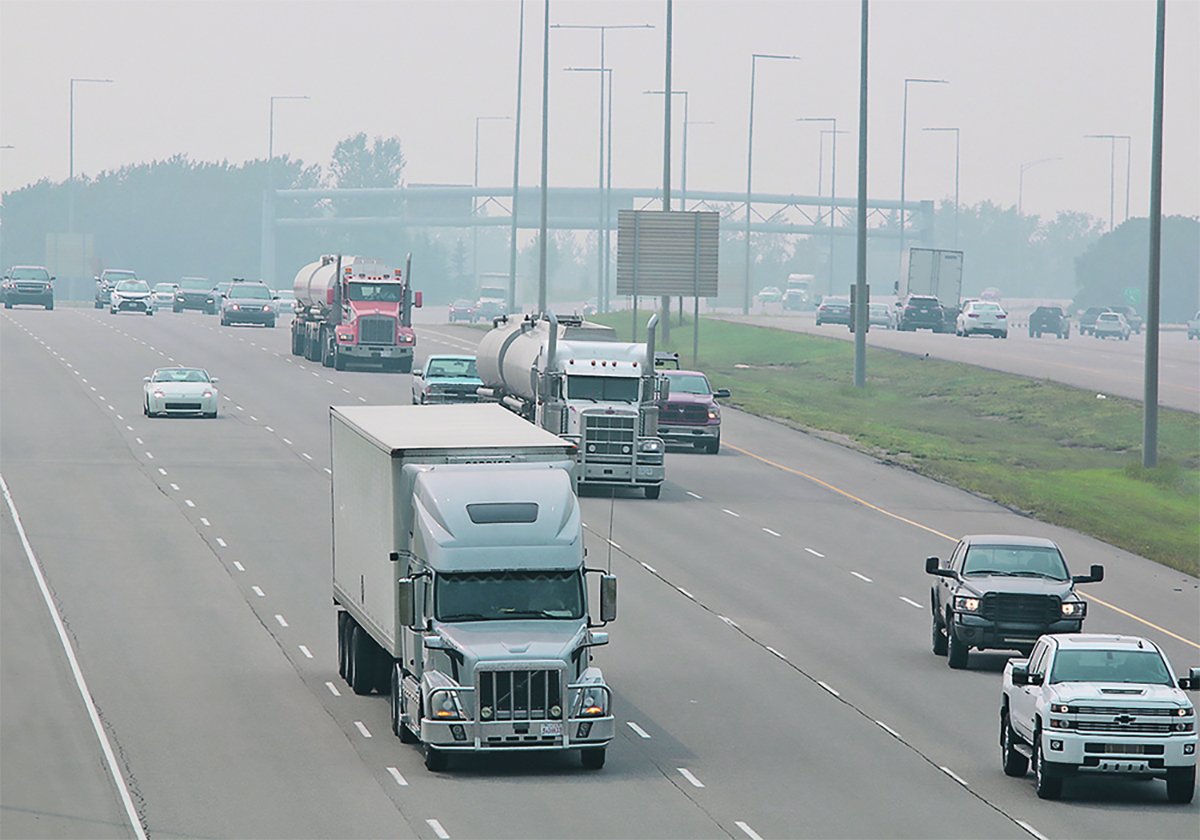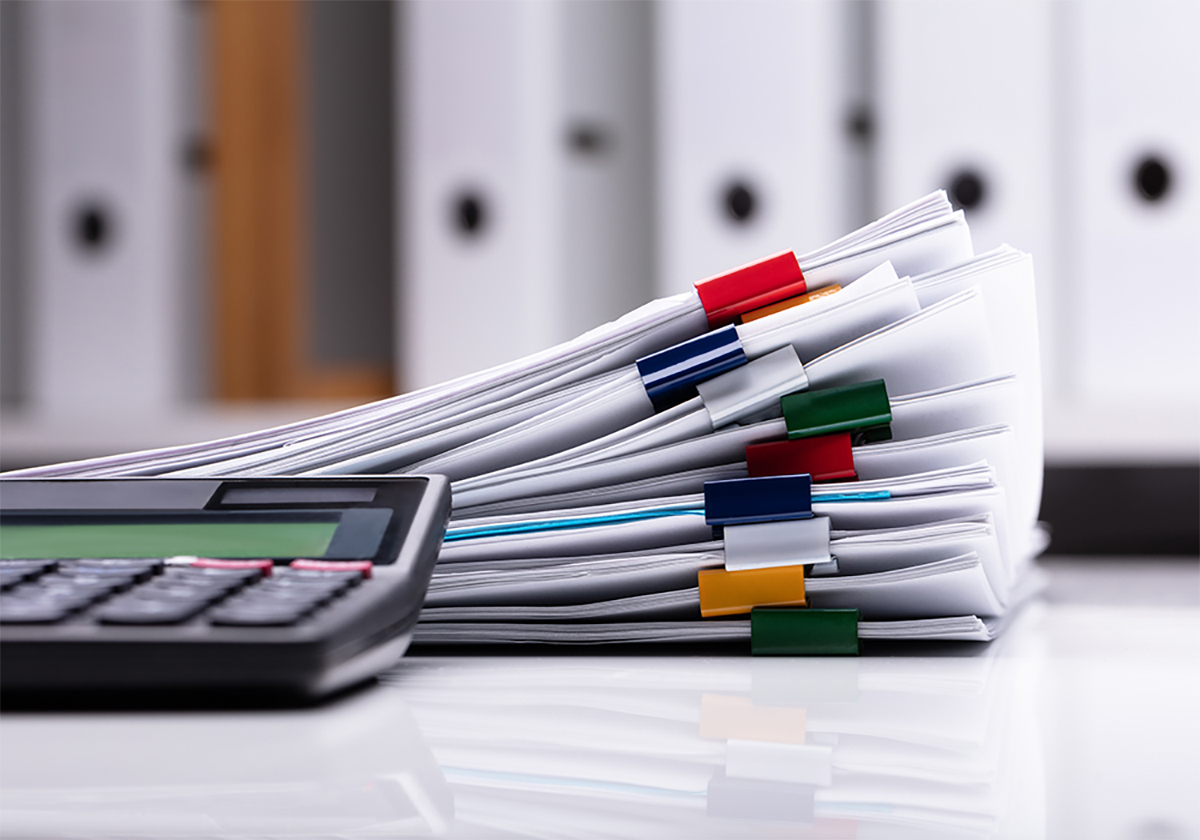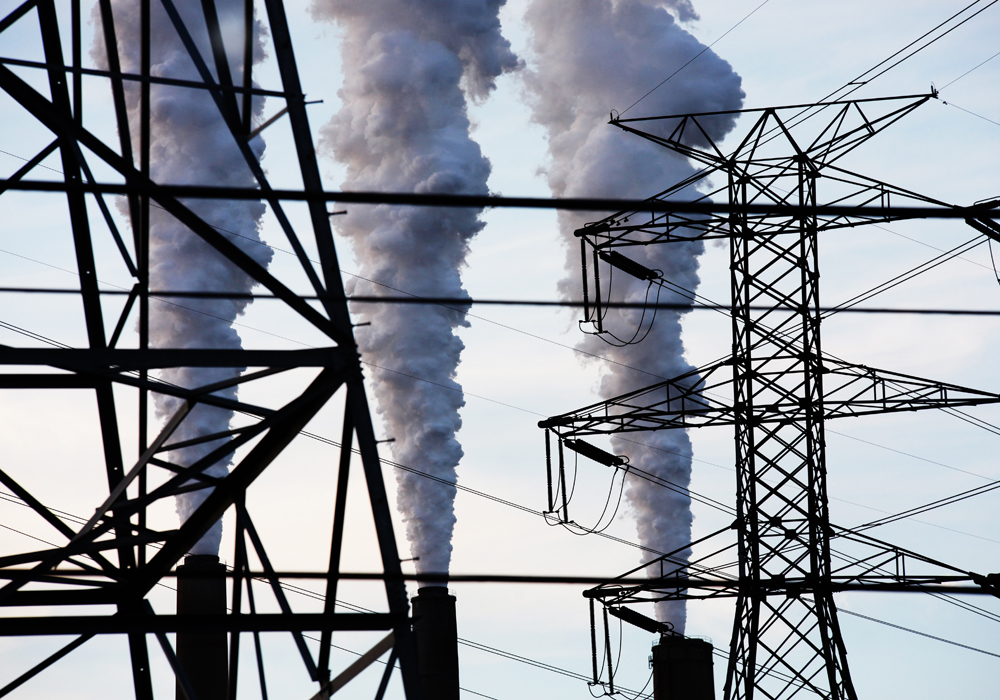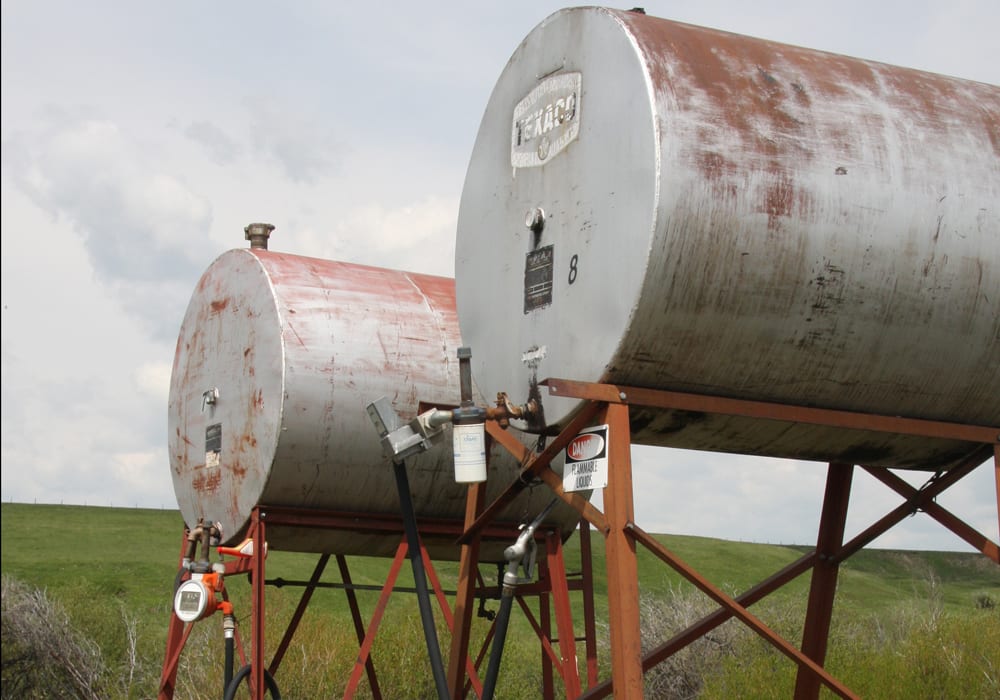The federal carbon tax was introduced in 2019 and has increased ever since.
Originally, it was to be returned to the people in the province or territory where it was collected. This article isn’t relevant for British Columbia and Quebec because neither has a federal carbon tax.
Individuals receive the Canada Carbon Rebate quarterly. Payments for people living in rural areas are 20 per cent higher, if taxpayers tick the box on their personal tax return indicating that they live in a rural area.
Read Also

Alberta cracks down on trucking industry
Alberta transportation industry receives numerous sanctions and suspensions after crackdown investigation resulting from numerous bridge strikes and concerned calls and letters from concerned citizens
For farmers, there are two possible carbon tax rebates:
- Return of fuel charge proceeds to farmers
- This rebate was first introduced in 2021 and has been increasing annually.
On Jan. 10, the finance minister announced the 2024 and 2025 rebate percentages, which are 0.229 per cent for 2024 and 0.25 per cent for 2025. This works out to $2,290 in rebates for every $1 million in eligible farming expenses in 2024, and $2,500 in rebates for every $1 million in eligible farming expenses in 2025.
Eligible farming expenses are calculated on a cash basis (not the accrual basis), and non-arm’s length expenses are excluded. This is to prevent gaming the system by inflating expenses to collect more rebates. For example, you can’t claim the rebate on rent and wages paid to family members.
On personal tax returns, this rebate is calculated automatically when you file a farming statement. The minimum threshold to qualify is $25,000 of eligible farming expenses.
For corporations and partnerships, this rebate has been hard to claim. When it was first released, the rebate was awaiting royal assent in 2022, and we had to amend tax returns to claim the rebate.
In 2023, our firm tried contacting the finance department to explain that the rebate for corporations is prorated through the year and that it needed to release the rebate amount earlier. For example, a July 31 corporation year-end will qualify for 7/12ths of the 2023 rebate.
The department finally released the 2023 rebate rate on Jan. 19, 2024, and the Canada Revenue Agency’s tax return schedules weren’t updated until May 2024.
As a result, many corporations that had tax returns filed earlier missed out on the rebate. In late 2024, CRA started going back and amending the returns for the missed rebates, and as a result, some corporations are just receiving their 2023 refunds.
For the 2024 tax year, we tried emailing the finance department to release the rates earlier, but it didn’t release the rates until Jan. 10, 2025. Corporations that already had their January through September 2024 tax returns filed again missed out some of the rebate. Fortunately, this time it released the 2025 rate as well, so this won’t be an issue this year.
Canada Carbon Rebate for Small Businesses
Corporations that have one to 499 employees qualify for this rebate. Unincorporated businesses and partnerships do not qualify, even if they have employees.
This rebate was first paid out in late 2024, with a retroactive payment for 2019- 23, based on the number of employees the corporation had. Corporations had to have their 2023 tax return filed by July 15, 2024, in order to qualify. This was extended to Dec. 31, 2024.
The rebate was based on the number of employees on payroll (T4 slips) that the corporation had over the past five years. In Saskatchewan, a corporation would have received $1,156 per employee if the employee had a T4 for every year from 2019-23.
If a corporation didn’t have any employees, it wouldn’t have received a rebate. This is common for farm corporations, where the shareholders take dividends instead of payroll.
Many corporations received this payment just before Christmas. If you think you should have received a payment and didn’t, make sure that all your other CRA filings are up to date, such as GST returns. CRA also applied the payment against any CRA balance owing.
Originally, it was assumed that this rebate would be taxable income, like the taxable return of fuel charge proceeds to farmers. However, the finance minister announced that it was nontaxable via an X post, and in the Dec. 16, 2024, Fall Economic Statement, the government announced that these rebates are not taxable income.
The Dec. 16, 2024, Fall Economic Statement proposed to modify the Canada Carbon Rebate for Small Businesses for the 2024-25 years by creating a new base payment. Small business that have between one and 20 employees would qualify for a payment amount that is equivalent to having 20 employees.
A corporation that files at least one T4 for 2024 may qualify for a larger rebate for 2024. This should be weighed against the hassle of paying payroll, filing a T4 and the ongoing CRA compliance with payroll account filings.
Given the political uncertainty at the time of writing, there is no guarantee what, if any, 2024 carbon tax rebate will exist, and if the changes in the Dec. 16, 2024, Fall Economic Statement will actually be implemented. It is also possible that the actual legislation could change from the announced proposal.
The ongoing carbon tax rebate saga has resulted in a lot of hassle for accountants. In the future, less complexity and more certainty over actual legislation would be much appreciated.
Levi Derksen, CPA, CGA, is a senior manager in the Ag Team at Buckberger Baerg & Partners LLP in Saskatoon. He can be contacted at lderksen@bbllp.ca.














